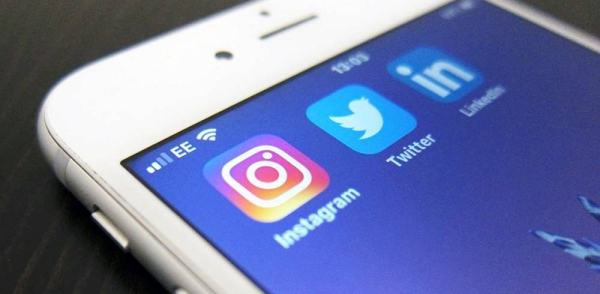
ISLAMABAD — A leading media rights watchdog has slammed new regulatory measures targeting social media platforms in Pakistan where the media have been subjected to growing censorship and pressure following the election of Prime Minister Imran Khan in 2018.
According to a draft of the law seen by AFP, the new measures announced earlier this week would pave the way for allowing Pakistani authorities to ask for the removal of content, disable encryption, and demand companies open offices and host data centers inside the country.
"These stringent but vague rules approved by Pakistan"s federal Cabinet threaten the ability of journalists to report the news and communicate with their sources," said Steven Butler, Committee to Protect Journalists" Asia program coordinator.
"The Cabinet should immediately reverse course and seek broad consultations with legislators and civil society, including the media, on how to proceed with any such regulations."
Pakistan"s science and technology minister Fawad Chaudhry defended the measures.
"Now we have a regulation to control the harmful content on social media, but it has nothing to do with the political content," the minister told AFP Friday.
"If anyone has a better suggestion for this mechanism and to support freedom of expression, we will listen."
Pakistani legal expert Yasser Hamdani, however, described the measures as "unconstitutional", saying the law was "designed to curb freedom of speech and expression in the country".
Facebook declined to comment on the new measures when contacted by AFP, while Twitter and YouTube did not respond to inquiries.
In recent years the space for dissent has shrunk further in Pakistan, with the government announcing a crackdown on social networks and traditional media houses decrying pressure from authorities they say has resulted in widespread self-censorship.
Pakistan has a long history of targeting social media sites, including famously blocking Facebook for two weeks in 2010 over blasphemous content and barring YouTube from 2012 to 2016 because of a film about the Prophet Muhammad that led to violent protests across the Muslim world. — AFP












